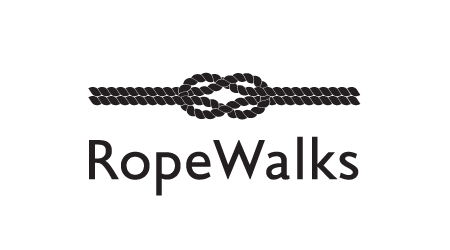20 September 2013 at 10:00
Over the past decade Liverpool’s renaissance and regeneration has been nothing short of incredible, transforming the city from a decaying and somewhat depressing location that had enjoyed a glorious past, to the vibrant place we see today that can boast, among other things, to being the best visited UK destination in England outside of the capital, with a bright future ahead.
The regeneration momentum continues with the new conference centre; a new hospital; the cruise liner terminal; the green light for Liverpool Waters; new hotels; a revival of the Baltic Triangle; the long overdue redevelopment of the Anfield area and an end in sight to the Great Homer Street project. Next year Liverpool will host the biggest business festival that has been held in the UK since the 1950’s.
The mayor and his team deserve huge credit for spearheading this development drive, particularly against a backdrop of an economy in recession and challenging, some would say savage, cuts to Liverpool City Council’s budget.
It must be frustrating for that team then when a lobby group such as Downtown highlights a city location that has not fared so well.
Before the summer break I raised the increasing concerns of businesses and residents in the Ropewalks area of town. Here we have a place full of character, potential and opportunity. Just over a decade ago, it seemed that the place would take off, with significant investment from a range of public agencies and European monies.
A ‘bohemian’ feel was created, and for a time initiatives such as FACT, East Village and Alma de Cuba overshadowed the dereliction within the locality.
Now though the derelict buildings those property speculators have sat on for thirty years have halted Ropewalks progress. The regeneration of the area has been left unfinished, and as they see the progress that is being made elsewhere in the city it is unsurprising that those who have invested or live in the Ropewalks are becoming agitated.
We all recognise that Liverpool City Council does not have a magic wand that it can wave to sort out what is an extremely difficult problem. However, there needs to be a clear plan of action and a vision for what we are going to do with a part of the city that ought to be another jewel in our crown.
Can we get a dialogue going with those property speculators to find a genuine solution that could involve them? Do we need to come up with an exciting blueprint as we did for the Liverpool One project that can attract a big investor who can then assist with CPO’s where necessary? Can the private sector from across the city help?
Shooting the messenger and levelling personal insults at me may make a councillor feel better about himself, but it is not in keeping with the mature discussion and debate that we have been used to since Joe Anderson’s administration came to power three years ago.
I and more importantly Downtown’s members have been quick to praise and promote the great work that has been undertaken across the city in recent times. Nonetheless, our job is to constructively challenge at times too, and articulate the concerns of our members when they arise. Ropewalks is a case in point. The question now is ‘Can we help?’




